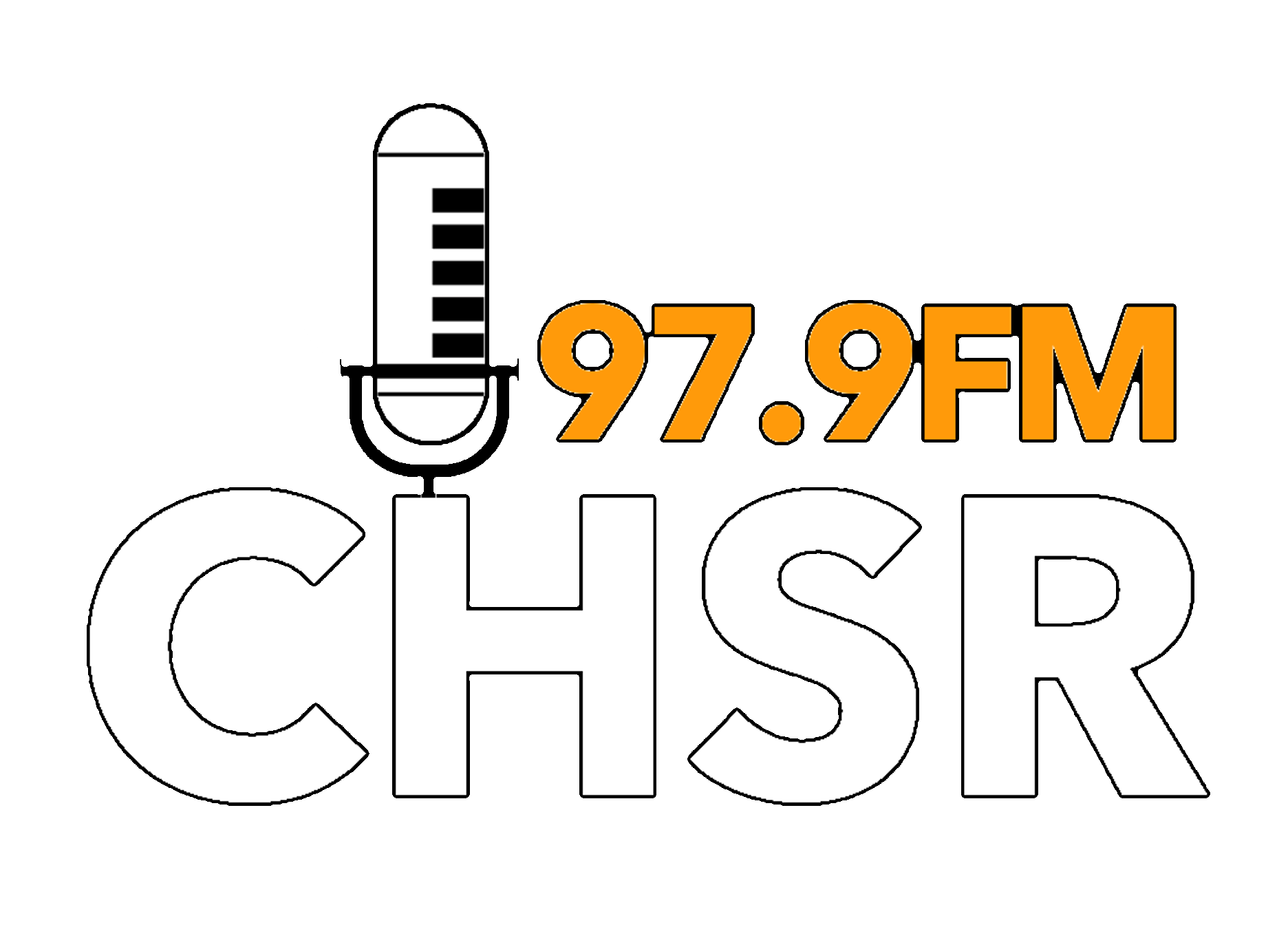 STU Journalism presents: The STU Lunchbox! Tune in every Wednesday at noon for a pair of documentary features presented by STU Journalism students.
STU Journalism presents: The STU Lunchbox! Tune in every Wednesday at noon for a pair of documentary features presented by STU Journalism students.
This one:
- Emma Chapel presents a discussion and debate on the moral conundrum of “cultural appropriation”: what does it imply? Where does it happen? Is it bad, good or something else?
- And Oscar Baker presents local black history in New Brunswick and black history month.
Podcast: Play in new window | Download
Subscribe: Google Podcasts | RSS | More



I hope these comments can be conveyed to the students.
Cultural Appropriation:
There is 2 minutes of silence (or false starts) before Emma’s report
I was looking forward to listening to this because it’s an important topic.
I think the thing people are missing isn’t so much the music, but the things surrounding the music, that is the cultural appropriation. There is a fine line between being influenced and appropriation. I think it’s the other things Iggy does that bothers people. When she makes a mockery of black culture by how she dresses or the things she says, she wears black culture like a costume, it’s not sincere. All the while she tweets racist things and doesn’t realize that she is offending the culture that has made her successful. In her case it’s a bit more than “Blue Eyed Gospel” which is what Uncle Rob was referring to. I especially liked what your debater (Can’t remember who said which) who talked about the problem with appropriation is when the originating culture is erased and removed from the genre and the mainstream concept of the genre. We’ve seen it happen before (even with Blue Eyed Gospel) but when you add in appropriation it’s not just music, it’s cultural aspects that then become perverted and considered white in origin. I’m also very glad that he mentioned how inappropriate it was that the whole panel was made up of white people. It’d be like a panel discussing women’s rights being comprised of all men. Sure they can have an opinion, but are they an authority? Do they have any personal experience?
As for twerking http://www.vh1.com/music/tuner/2013-08-07/twerking-complete-history/ The term was coined in 1993 (one year after Miley was born) but the dance is much older than that and defiantly from black culture. Miley turned that into her brand and it became a joke, it is also something that black women were shunned for doing but white women are praised for doing it. There are many cultural aspects like this, hair, dreads and locks, big earrings, clothing, you name it, if a black woman wears it she is deemed a ho, Yet when a white woman does it she is trendy and fashion forward. or in the case of dreads and locks men and women are said to be dirty and not professional, but when a white person wears it they are unique and interesting.
Black History Month:
THANK YOU FOR THIS TOPIC. I’m an American living in Canada so my exposure to Canadian Black History is even more limited. This is a topic I want to hear more about, and every time I come across something like this I am glued.
Lots for me to look up here for further education, thanks. The audio quality for Oscar’s clips were really well produced, the sound is wonderful and clear.
Thanks for the comments! I’ll pass them on to the students.
The podcast is exactly as aired; the gap was there due to a technical error (a CD player went to sleep, and the operator wasn’t familiar with that). The podcast versions are used as a teaching aid for the class, so we try not to edit them at all to give the full experience.
Excellent, that makes sense.
Pingback: STU Lunchbox: Cultural Appropriation & Black History Month CHSR 97.9 | Oscar Baker III